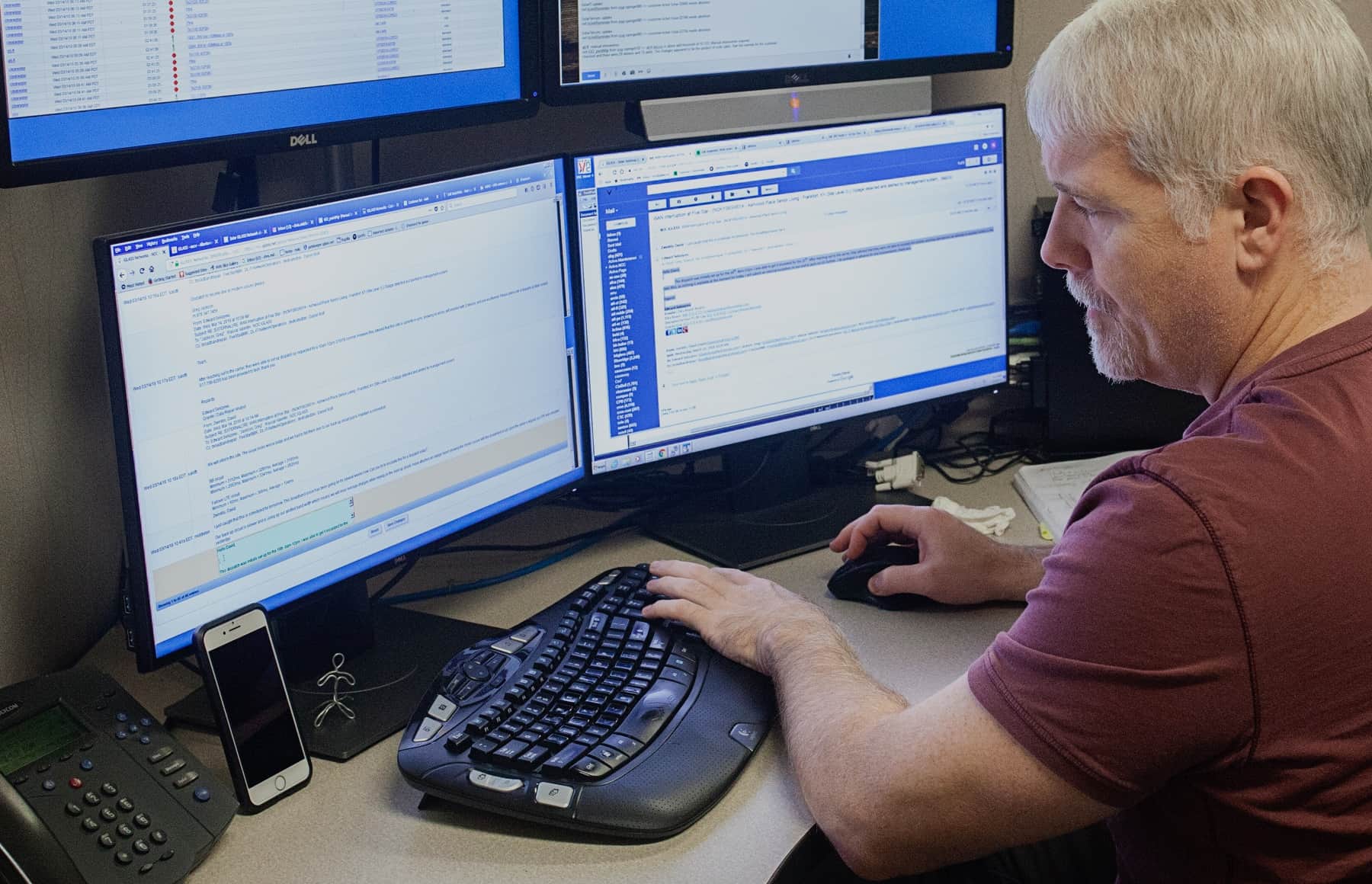NOC Monitoring as a Service

In today's fast-paced digital world, a well-functioning network infrastructure is crucial. Managing it requires a Network Operations Center (NOC) to monitor, manage, and maintain operations. But maintaining an in-house NOC can be demanding and costly. That's where outsourcing to experts like iGLASS Networks can make all the difference. In this article, we'll explore the benefits of outsourcing these critical functions.
The Purpose of a Network Operations Center (NOC)
First, let's understand the primary purpose of a NOC. A Network Operations Center is the central hub responsible for:
- Proactive Network Monitoring: Detecting issues before they disrupt operations.
- Incident Management: Swiftly responding to network incidents.
- Performance Optimization: Ensuring peak network performance.
- Security Monitoring: Protecting against threats.
- Data Analysis: Collecting and analyzing data for efficiency.
The Five Benefits of Outsourcing NOC and Network Monitoring
Outsourcing these functions to a trusted partner like iGLASS Networks brings several key advantages:
1. Cost Efficiency
Running an in-house NOC involves substantial costs. Outsourcing offers a cost-effective solution, paying only for necessary services while leaving the infrastructure and staffing to experts.
2. Access to Specialized Expertise
NOC outsourcing provides access to a team of skilled professionals well-versed in network monitoring and management. They employ the latest technologies and best practices for optimal network performance.
3. Enhanced Focus on Core Business Activities
Outsourcing allows your organization to focus on core activities rather than worrying about network issues. Redirect resources and attention to strategic initiatives that drive business growth.
4. 24/7 Monitoring and Rapid Incident Response
Network disruptions don't adhere to a 9-to-5 schedule. A dedicated NOC service, such as iGLASS Networks, offers round-the-clock monitoring and incident response, minimizing downtime and customer impact.
5. Scalability and Flexibility
As your business expands, your network needs grow. Outsourcing your NOC and network monitoring provides scalability and flexibility to accommodate changes without the hassle of hiring and training additional staff.
The Role of NOC Monitoring
NOC monitoring is the backbone of efficient network management. It includes real-time tracking of network elements, applications, and devices, with key functions such as proactive alerting, performance analytics, security monitoring, incident management, and capacity planning.
Outsourcing: Pros and Cons
While outsourcing offers numerous benefits, it's essential to consider both sides:
Pros of Outsourcing:
- Cost Savings
- Access to Expertise
- Focus on Core Activities
- 24/7 Monitoring
- Scalability
Cons of Outsourcing:
- Loss of Direct Control
- Security Concerns (addressed with trusted providers)
- Potential Communication Challenges (mitigated through effective collaboration)
Services Provided by a NOC
NOCs offer a wide range of services:
- Network Monitoring Service: Real-time tracking and analysis of network performance, security, and incidents.
- Server Monitoring Service: Continuous monitoring and management of server health and performance.
- Incident Management: Swift response and resolution of network incidents.
- Performance Optimization: Fine-tuning network elements for optimal performance.
- Security Monitoring: Protecting your network against threats and vulnerabilities.
In conclusion, outsourcing your NOC and network monitoring can be a strategic move for your business. It offers cost efficiency, access to expertise, and the freedom to focus on what you do best. iGLASS Networks is here to help you realize these benefits. Embrace NOC outsourcing and elevate your network's performance.
For more insights and assistance, get in touch.









